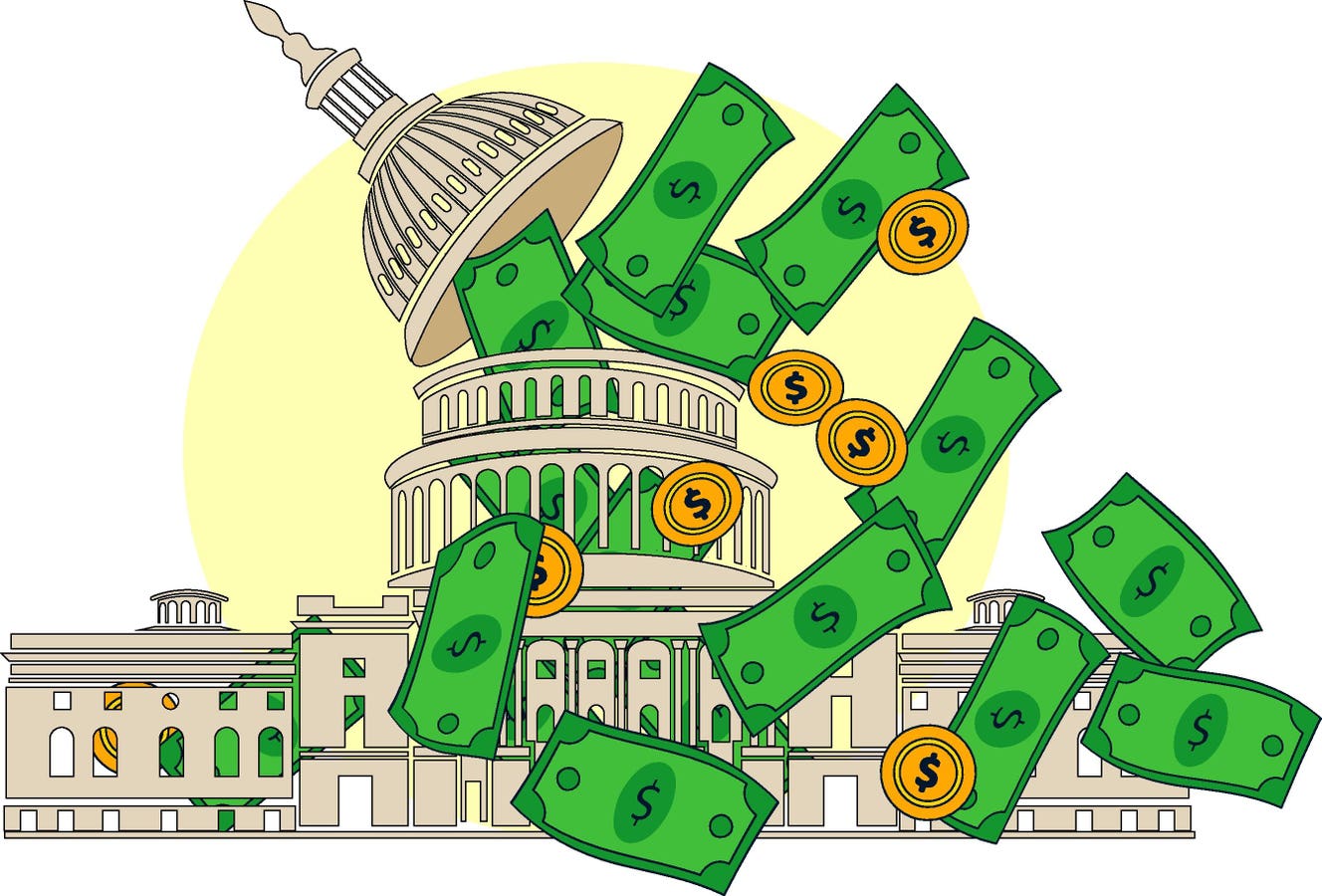There has been a lot of discussion and debate on the national debt. There has also been a great deal of finger pointing among various factions of the federal government. How long will Congress continue to overspend? Will the U.S. go bankrupt at some point? To answer these questions, we must understand a few facts about the national debt.
Facts on the National Debt
Here are some important facts to consider:
1. The U.S. debt now exceeds $33 trillion and is quickly approaching $34 trillion.
2. The average rate of interest on the national debt is 2.97%, according to the Department of the Treasury.
3. On October 31, 2023, former Dallas Fed President, Richard Fisher, stated that 50% of this debt will mature in the next three years and will need to be refinanced.
4. Refinancing will cause the average rate of interest on the debt to rise, likely above 5.0%.
5. Higher interest payments will stretch the federal budget further and weaken the government’s ability to meet future needs.
In short, as the debt rises, the federal government’s ability to pay its bills will weaken. At some point, America’s credit rating will be reduced, and we will be required to pay a higher rate of interest on future debt. The verdict is clear. The budget is on an unsustainable path.
Largest Budget Items
Currently, the four largest federal budget expenditures according to usdebtclock.org are: Medicare/Medicaid ($1.47 T), followed by Social Security ($1.37 T), defense ($826 B), and interest on the national debt ($678 B). After the debt is refinanced, the average rate of interest on the debt will rise and it is likely to become the third largest budget expense, replacing defense spending.
Current Budget Shortfall
When more money is spent than collected, a shortfall results. Currently, the federal government is spending about $1.7 trillion more than it collects. A few members of Congress are sounding the alarm, but most are arguing over how it is spent, rather than asking if it should be spent.
Perspective on National Debt
The national debt has exploded in the past few years. As of the fiscal year ending 9/30/2019 the federal debt was $22.72 trillion. Today, four short years later, it is well above $33 trillion. This is an increase of nearly 50%. The debt has accelerated at a staggering rate since Covid-19.
Reasons for the Debt Increase
There are other factors contributing to the expansion of the debt including the crisis at the southern border. As immigrants flood the U.S., the cost associated with feeding, housing, medical care, and transportation are becoming burdensome. When the federal government transports immigrants to various U.S. cities, it also transfers the burden of care to the municipalities. Unlike the federal government which can spend more than it collects, cities and states are required to balance their budgets. Thus, the cost of immigrant care has caused several mayors, from both parties, to voice concern to the White House. This may lead to an increase of money for those cities, which of course, increases the budget shortfall and the debt.
Politics is another key issue for the increased debt. When members of Congress lobby for more money for their constituents, spending rises. Due to a lack of fiscal responsibility in Washington, Congressional members have little motivation to curtail spending. In fact, Congress will continue to overspend until voters decide to replace them. However, if members of Congress continue to get money for their districts, their voters will likely continue to reelect them. After all, how many would be willing to sacrifice their piece of the pie for the good of the nation?
Our Legacy of Debt
According to usdebtclock.org, the amount of debt per citizen is $100,349. When you include only taxpayers, the amount rises to $259,103. These are staggering figures, which will only get worse unless Congress enacts meaningful spending reductions. This is unlikely as few, if any, politicians are willing to risk their reelection bid for the good of the nation.
The longer we ignore Congressional overspending, the more pain we will feel when budget cuts are implemented. Unfortunately, in this politically polarized world, where it seems every subject is filtered through a political lens, it will be hard to find consensus. While term limits would help, it’s unlikely Congress will vote to restrict their time in office, especially with so many long-term members. It’s more likely this issue will continue to deteriorate until it becomes an immediate threat. Of course, by then, it may be too late.
Read the full article here


